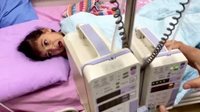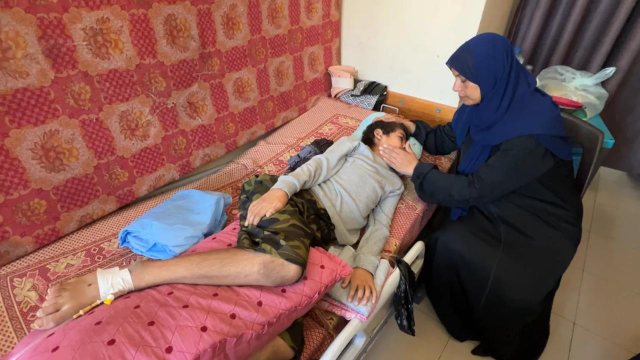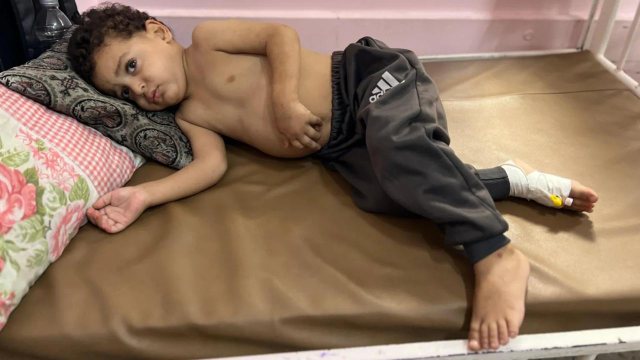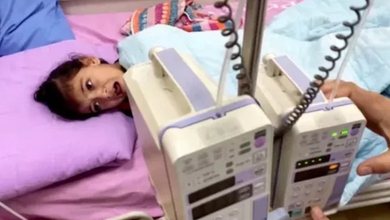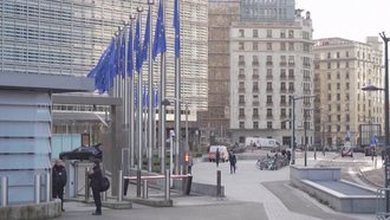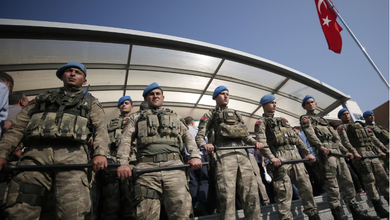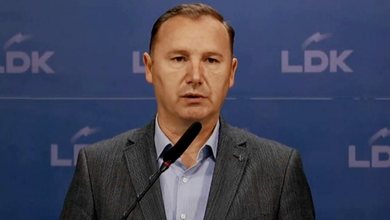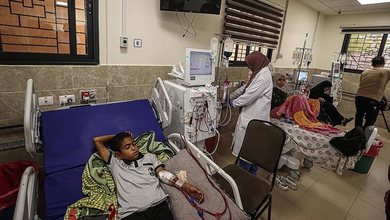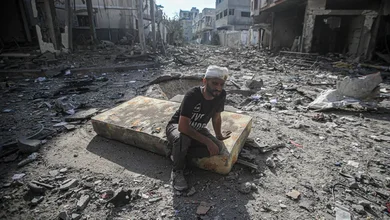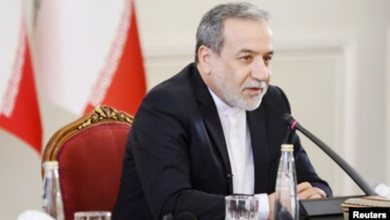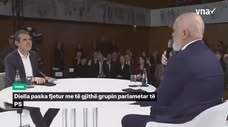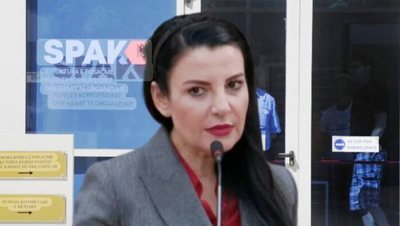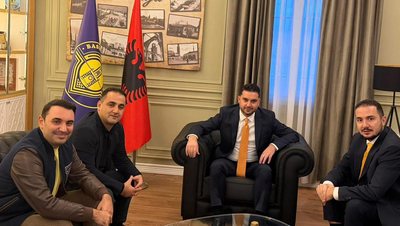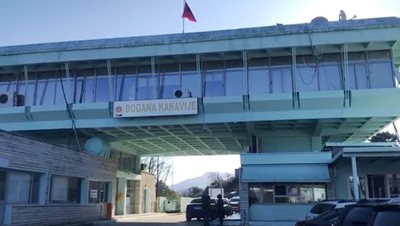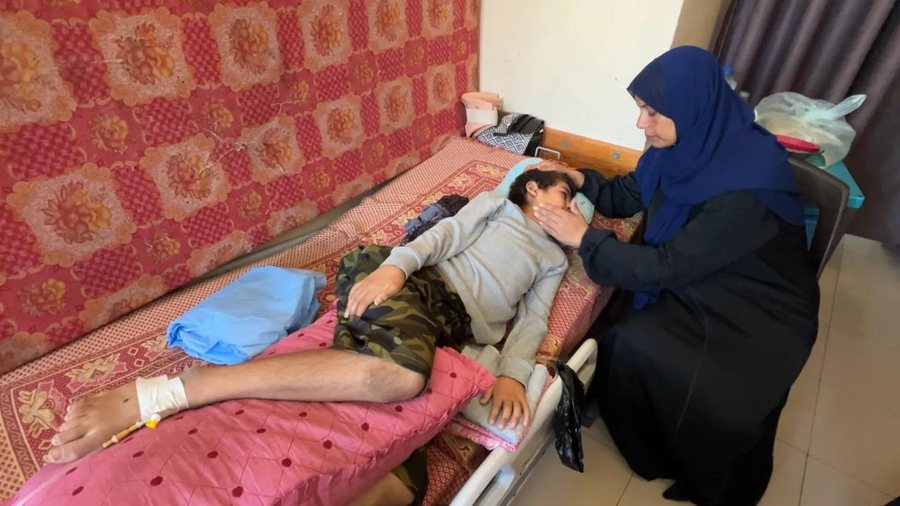
In different wards of Nasser Hospital, two 10-year-old boys are lying: one shot by Israeli fire, paralyzed from the neck down, and the other with a brain tumor.
Now that a fragile ceasefire is in place, they are among an estimated 15,000 patients who, according to the World Health Organization (WHO), are in urgent need of medical evacuation out of the Gaza Strip.
"He needs emergency surgery"
Ola Abu Said stands by the bedside of her son, Amar, stroking his hair. The family says he was wounded in their tent in southern Gaza by an Israeli drone strike.
The bullet lodged between two vertebrae in his spine, leaving him paralyzed.
“He needs urgent surgery,” says Ola. “But it’s very complicated. The doctors have told me that the intervention could cause him death, a stroke or a cerebral hemorrhage. He needs to be operated on in a well-equipped place.”
But Gaza today is anything but that. After two years of war, its hospitals are in critical condition.
At the bedside of her younger brother, Ahmed al-Jadd, his sister Shahd recalls that he has always been her support throughout two years of war and displacement.
"He's only 10 years old and, when our situation got really bad, he would go out to sell water to bring in a little money," she recounts.
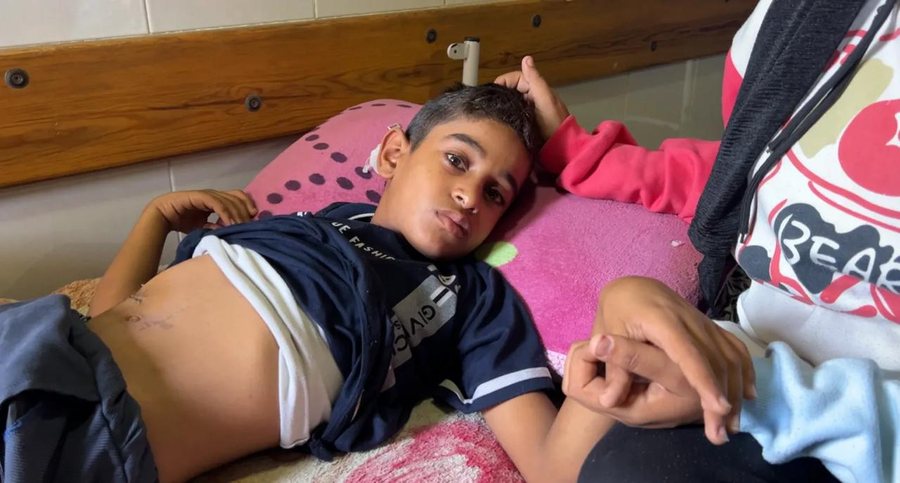
A few months ago, Ahmed began to show signs of illness:
"His mouth started to tilt to one side and he complained of a headache. We only gave him paracetamol, but later his right hand started having problems too."
Shahd, who had been a university student, says her only dream is for her brother to be able to travel abroad to have the surgery.
“We can’t lose him. We’ve lost our father, our home and our dreams,” she says. “When the ceasefire happened, we had a glimmer of hope — maybe a one percent chance that Ahmed would survive.”
On Wednesday, the WHO coordinated the first medical convoy to leave Gaza since the ceasefire began on October 10.
Through the Kerem Shalom crossing, 41 patients and 145 caregivers were sent to Jordan for treatment, some of whom have remained there.
The UN agency is calling for the number of evacuations to be urgently increased to cope with thousands of cases of the sick and injured.
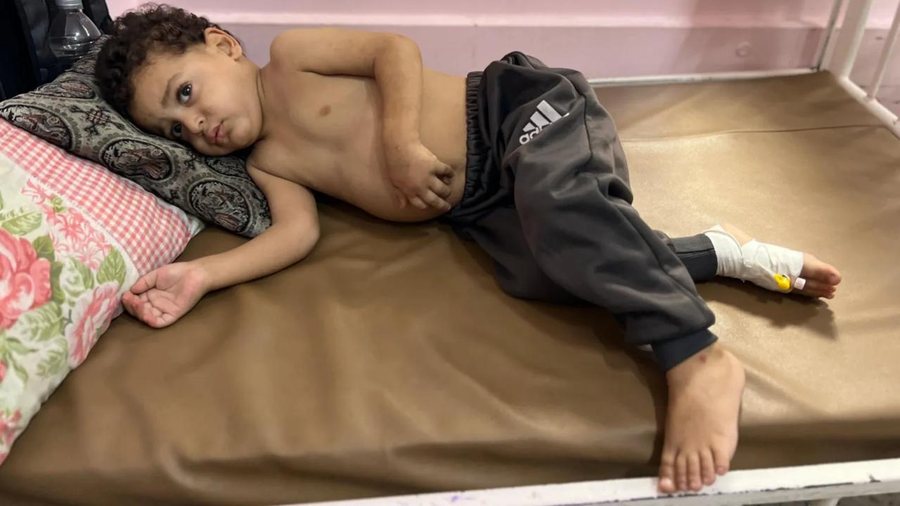
However, Israel still keeps the Rafah crossing to Egypt closed, demanding that Hamas return the bodies of the killed hostages, according to the ceasefire agreement.
This border has been closed since May 2024, when Israel took control of it during the war.
WHO Director-General Dr. Tedros Adhanom Ghebreyesus stated that the most important measure would be for Israel to allow patients from Gaza to be treated in hospitals in the West Bank and East Jerusalem — as was the case before the war.
This request has been supported by over 20 European countries, including the United Kingdom, which have provided funds, personnel and medical equipment.
“If this route were reopened, hundreds of patients could be treated within a few days,” says Dr. Fadi Atrash, director of the Augusta Victoria Hospital on the Mount of Olives.
“We alone can treat 50 patients a day for chemotherapy and radiation. The journey is shorter, more efficient, we speak the same language and we often have patient files from Gaza.”
Meanwhile, COGAT — the Israeli authority that controls the crossings — said the issue is a "political decision," shifting responsibility to the prime minister's office, which did not comment.
Israel cites security reasons for banning the entry of Palestinian patients, recalling that the main crossing point at Erez was attacked by Hamas fighters on October 7, 2023.
According to the Gaza Health Ministry, at least 740 people, including 140 children, have died while waiting on evacuation lists as of August 2025 alone.
“It is the most difficult feeling for a doctor to know what the patient has but not have the means to treat it,” says Dr. Ahmed al-Farra, director of pediatrics at Nasser Hospital.
"Every day we lose lives due to lack of capacity."
In the last week, three more children have lost their lives:
Saadi Abu Taha (8 years old) from bowel cancer, Zain Tafesh (3 years old) and Luay Dweik (8 years old) from hepatitis.
If urgent measures are not taken, many more will not even have the opportunity to live in peace. /Taken from BBC/


